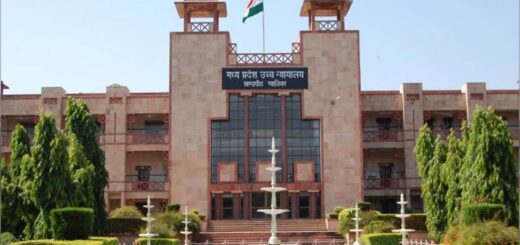The Supreme Court has advised the petitioner who wants the POSH Act applied to political parties to contact the Election Commission.

The Supreme Court instructed a petitioner who wanted to apply the Sexual Harassment of Women at Workplace (Prevention, Prohibition, and Redressal) Act, 2013 (POSH Act) to political parties to first contact the Election Commission of India (ECI). The Court dismissed the Public Interest Litigation (PIL) filed by Advocate Yogamaya M G but allowed her to return if her issue is not resolved. Justices Surya Kant and Manmohan stated that the petitioner could approach the ECI and, if her concerns are not properly addressed, she can seek judicial help.
During the hearing, Senior Advocate Shobha Gupta represented the petitioner. She argued that the POSH Act’s definition of “workplace” includes political organizations. Gupta pointed out that unorganized sectors, like political parties, fall under the Act through local committees. The Bench mentioned a Kerala High Court ruling that stated political parties are not subject to the POSH Act, a ruling that remains unchallenged. The Court stressed the importance of involving the ECI, which oversees political parties according to Section 29A of the Representation of the People Act, 1951. Gupta accepted this procedural requirement and agreed to approach the ECI as suggested by the Court, stating that they would need to amend the writ petition to include the ECI as a party.
Justice Kant remarked that the Union of India might not be able to take action. He suggested that the petitioner should first approach the Election Commission of India (ECI) and give them some time to respond. If there is no action taken, the court is open to further discussions. The court then closed the petition but allowed the petitioner to reach out to the ECI. The petitioner, who is a practicing lawyer and a member of the Supreme Court Bar Association, argued in the Public Interest Litigation (PIL) that political parties need to adhere to the procedures set by the POSH Act to protect women’s rights as stated in Articles 14, 15, 19, and 21 of the Constitution. The PIL, submitted by Advocate on Record Deepak Prakash, stressed the need for Internal Complaints Committees (ICCs) in political parties, as directed by the Supreme Court in the Vishaka case from 1997.
The petition pointed out that the definitions of “employee” and “employer” in the Act include those working in political parties, regardless of pay. Therefore, workers in political parties should be covered by the POSH Act. It also noted the inconsistent application of ICCs within political groups. The PIL argued that political parties are crucial in shaping democracy in the country. With more than 2,764 registered political parties, the absence of uniform procedures to tackle sexual harassment is a major obstacle to women’s involvement in politics.
Cause Title: Yogamaya MG v. Union of India [W.P.(C) No. 816/2024; Diary No. 48246/2024]








